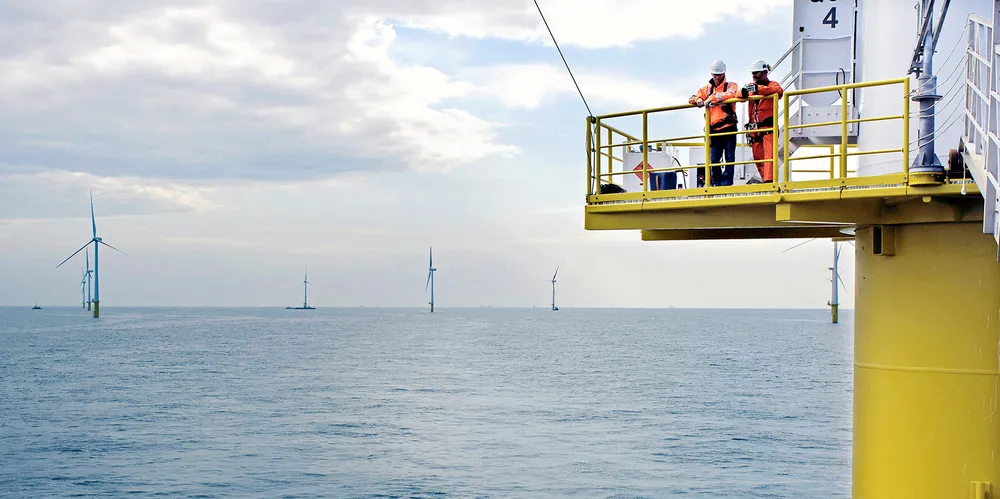Vattenfall teams up with chemicals giant BASF for Dutch zero subsidy offshore wind bid
Joint bid by utility and chemicals giant for part of the 1.4GW Hollandse Kust West zone must include innovation and investment favouring Dutch energy system

Vattenfall has teamed up with German chemicals giant BASF to bid in the zero subsidy tender for the Hollandse Kust West zone in the Dutch North Sea.
The Swedish utility will bid alone for the 700MW Hollandse Kust West VII area, and jointly with BASF for the also 700MW Hollandse Kust West VI area.
While bidders for the HKW VI need to include ecological measures in their development concept, for HKW VII, they must include investment and innovation that favours the Dutch energy system.
The tender will close on May 12, 2022, with a decision about the winners expected after the summer.
“We are pleased with the Dutch government's decision to continue their successful approach to offshore wind development and to tender sites based on qualitative criteria, this time with a focus on ecology and system integration,” Vattenfall’s head of the business area wind, Helene Biström, said.
“This approach pushes developers to deliver their best proposals, stimulates innovation and sees the Netherlands at the forefront of offshore wind development, benefiting the energy transition and society as a whole.”
"Offshore wind farms will play a crucial role in the use of innovative, low-emission technologies in our chemical production in Europe," said Lars Kissau, president of BASF SE, Net Zero Accelerator and responsible for renewable energies, alternative raw materials and CO2 reduction technologies.
"That is why we have already invested in Vattenfall's Hollands Kust Zuid wind farm. With a joint bid for the Hollandse Kust West VI site, we are now going one step further and BASF is participating at the earliest possible date in a project that combines our need for additional quantities of renewable energy with ecological aspects in the marine area.”
BASF, one of Germany’s top energy and fossil gas users, targets to reduce its greenhouse gas emissions by 25% by 2030 when all of its global electricity needs are slated to come from renewable sources, and reach net zero by 2050.
Vattenfall expects first power from Hollandse Kust West in 2026.
The utility for Hollandse Kust Zuid has started to cooperate with Dutch environmental group Rijke Noordzee to find out how turbines can be intergraded into nature in a way that benefits local eco systems.
“We believe that offshore wind growth must be developed in coexistence of nature and society to enable a sustainable future,” said Eva Philipp, head of environment and sustainability at Vattenfall.
“Our HKW bid includes significant investments as well as world-first innovations in favour of the naturally occurring biodiversity in the Dutch North Sea and a sustainable offshore wind sector."
(Copyright)